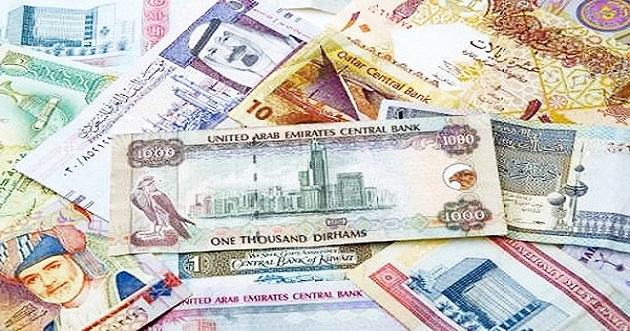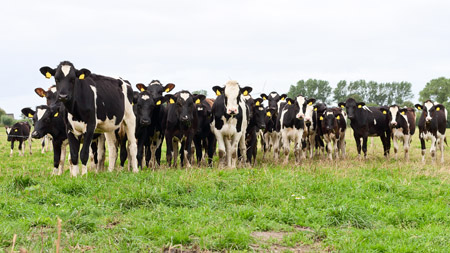Current Section: model

Lesson The Properties that Zakah is Obligatory on
What are the Properties that Zakah are Obligatory on?
Zakah is not obligatory on what a Muslim owns to benefit from it in and of itself, like their home that they live in, regardless of its price, or their car that they use, even if it is extravagant. Likewise their clothes, food and drink.
Allah obligated zakah on types of properties in which growth and increase are from their nature, and they are:
Zakah is not obligatory upon them unless they reach an Islamic legislative amount (the Nisab) and a whole lunar year has passed on it, and its length is 354 days.

Nisab of Zakah in Gold and Silver are as Follows:
So if this amount or more of gold or silver was in the Muslim's ownership, and a year passed, then they extract their zakah of what equals 2.5% of its value.

It encompasses cash monies from the various types of currencies, regardless if they are in hand or in credit in banks.

The Muslim calculates the nisab of the monies and currencies according to what they correlate to in gold. Then if they have money that equals the nisab of gold, and it is approximately 85 grams, or more than it at the time of the obligation of zakah, and one lunar year has passed on the money while it is in their possession, then they extract 2.5% from the value of the money.

Example for Calculating the Nisab of Zakah of Wealth
If we suppose that the price of a gram of gold when zakah is obligated equals 25 dollars so the nisab of the zakah of wealth is as follows: 25 (the price of a gram of gold, and it fluctuates) × 85 (the number of grams, and it is set) = 2125 dollars
What is meant by it: everything that is prepared for trade from foundations like real estate, structures, and buildings, or inventory like food and consumables.

The Manner (of Giving) the Zakah of Commerce Inventory
The person calculates the value of all that they acquired for commerce if a whole year has passed on it. The valuation is by the market price on that day which they wish to give zakah on. Then if that reaches the nisab of wealth, they extract for it a quarter of a tenth (2.5%) of its value.
Allah Exalted said ﴾O you who have believed, spend from the good things which you have earned and from that which We have produced for you from the earth﴿ [Al-Baqarah: 267]

Zakah is obligatory on specified types of crops and not in all of them, on the condition that they reach an amount specified by Islamic law.
It is differentiated between that which is watered by rains and rivers and that which is watered by supply and work, in the amount of the obligatory zakah, in consideration of the situations of people.
Conditions of the Obligation of the Zakah of Crops and Fruits
1. That the Yield Reach Nisab
The Prophet ﷺ specified the nisab that zakah is obligated for and it is not obligatory for less than it, for he said <
2. That the Crops be from he Types that Zakah is Obligated on
Zakah is not obligatory except on crop harvests that can be saved and stored without spoiling like wheat, barely, raisins, dates, rice, and corn. As for the types of fruits and vegetables that cannot be saved, then then zakah is not obligatory on them, such as watermelon, pomegranate, lettuce, potatoes, and the like.
3. That its Harvest Completes
So zakah on crops and fruits is obligatory if they are harvested and picked, and there is no relation to the passing of the year. So if the harvest is plucked twice in the year, then zakah is obligatory on all the harvest. Likewise, if they paid the zakah on it, then stored and saved it for years, there is not zakah on it for those years.
What is meant are the animal resources that the person benefits from of the an'am and it is specifically in camels, cows, goats, and sheep.

Allah has bestowed favor on his slaves by the creation of the an'aam so that people can eat from its meat, wear from its wool, to carry them, and to carry their loads in travel and move, for Allah Exalted said ﴾And livestock — He created them. For you, in them, are warmth and benefits, and of them you eat. And there is beauty in them for you when you drive them home and when you drive them to pasture.And they carry your heavy burdens to a land you could not have reached without great hardship to yourselves; indeed, your Lord is truly Compassionate, Bestowing of mercy﴿ [An-Nahl: 5-7].



